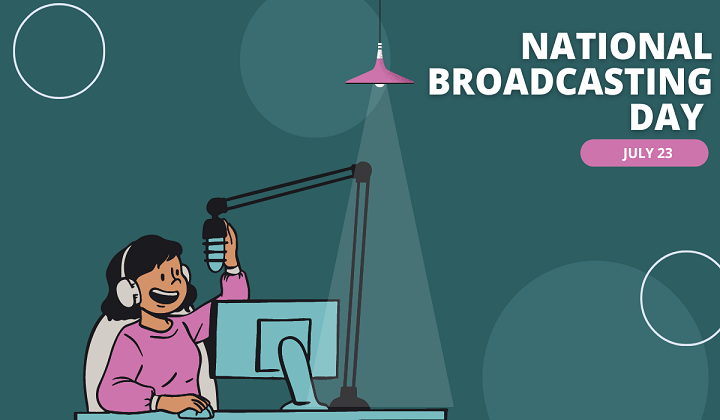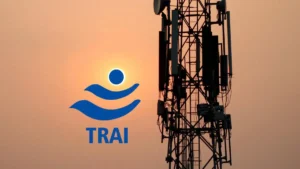National Broadcasting Day in India, observed annually on July 23, commemorates the evolution of the country’s broadcasting landscape since its inception in 1927. This day highlights the pivotal role broadcasting has played in India’s development, educational outreach, and cultural preservation. As India observes another National Broadcasting Day, it envisions a future where broadcasting continues to adapt and serve as a crucial instrument for national unity, education, and citizen empowerment.
Historical Background
The birth of Indian broadcasting can be traced back to June 1923, when the Radio Club of Bombay made its first transmission. However, it was on July 23, 1927, that organized radio broadcasting truly began with the establishment of the Indian Broadcasting Company (IBC). This date is now celebrated as National Broadcasting Day.
The evolution of broadcasting in India saw a significant milestone in 1936 with the emergence of All India Radio (AIR) from the Indian State Broadcasting Service. Post-independence, AIR expanded rapidly, adopting the name “Akashvani” in 1956. Today, AIR operates an impressive 591 stations, reaching 98% of India’s population and broadcasting in 23 languages and 146 dialects.
Significance of Broadcasting in India
Broadcasting has played a crucial role in India’s development. During the independence struggle, radio was a powerful tool for disseminating information and fostering unity. Post-independence, it has been instrumental in promoting literacy, health awareness, and agricultural knowledge, especially in rural areas.
AIR’s External Services Division broadcasts to over 100 countries, projecting India’s voice globally and connecting with the diaspora. The introduction of FM channels and the transition to digital transmission using Digital Radio Mondiale (DRM) technology demonstrate AIR’s commitment to modernization.
Evolution of Broadcasting Policies in India
Broadcasting policies in India have undergone significant evolution since the pre-independence era. The regulatory framework has continuously adapted to balance public interest, national security, and the growing demand for diverse content. These changes reflect technological advancements, societal needs, and the constitutional right to freedom of speech and expression.
The National Broadcasting Policy (NBP), initiated by the Ministry of Information and Broadcasting, aims to define a robust future for the broadcasting sector. It envisions a vibrant industry that promotes India’s cultural diversity and supports its transition to a digital economy. The policy development process included consultations, stakeholder engagements, and the issuance of a pre-consultation paper by TRAI in September 2023.
Government Initiatives to Strengthen the Broadcasting Sector
The Indian government has launched several initiatives to strengthen the broadcasting sector. The Digital India program aims to transform India into a digitally empowered society and knowledge economy. BharatNet seeks to provide broadband connectivity to all Gram Panchayats in the country.
The Broadcast Infrastructure Network Development (BIND) scheme aims to strengthen the broadcast infrastructure of Prasar Bharati. The Automation of Broadcasting initiative focuses on the digitization of terrestrial transmitters and studios of AIR and Doordarshan.
The Community Radio Support Scheme (CRSS) provides financial support to set up community radio stations. In the last 9 years, the sector has grown substantially, with the number of Community Radio Stations increasing from 140 in 2014 to 481 in 2023.
The government is also implementing a transparent e-auction system for FM radio channel allocation. Currently, radio reaches 80% of India’s geographical area and over 90% of its population. To further increase this reach, the government has announced the auction of 808 channels in 284 cities under the third batch of e-auctions.
The Future of Broadcasting in India
As India progresses into the digital era, the focus shifts towards building a comprehensive, inclusive, and technologically advanced broadcasting system that caters to the diverse needs of its population while meeting global quality standards.
The principles of public service broadcasting remain crucial, ensuring that radio continues to be a vital medium in Indian society. As the landscape continues to evolve, policies will likely keep adjusting to maintain this balance while fostering innovation and addressing new challenges.




 TRAI Marks 29th Foundation Day 2026
TRAI Marks 29th Foundation Day 2026
 Central Excise Day 2026: Why 24 February...
Central Excise Day 2026: Why 24 February...
 World Peace and Understanding Day 2026: ...
World Peace and Understanding Day 2026: ...








